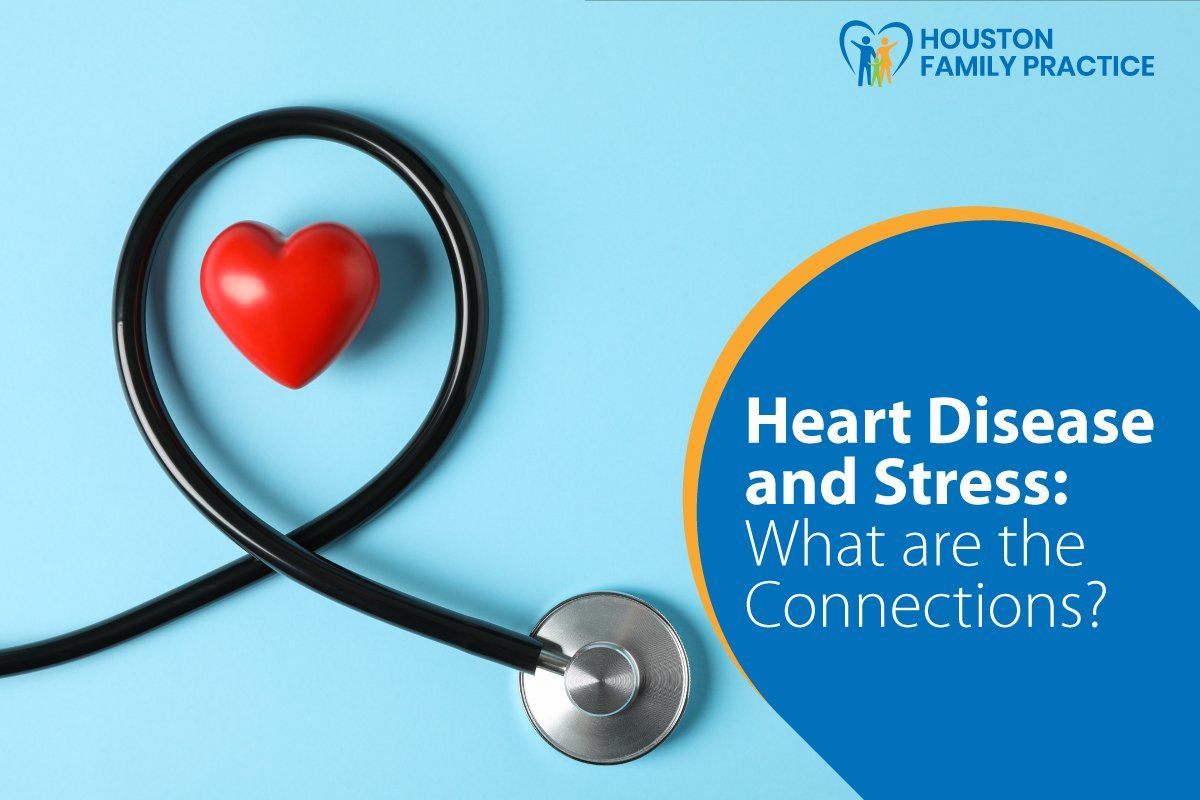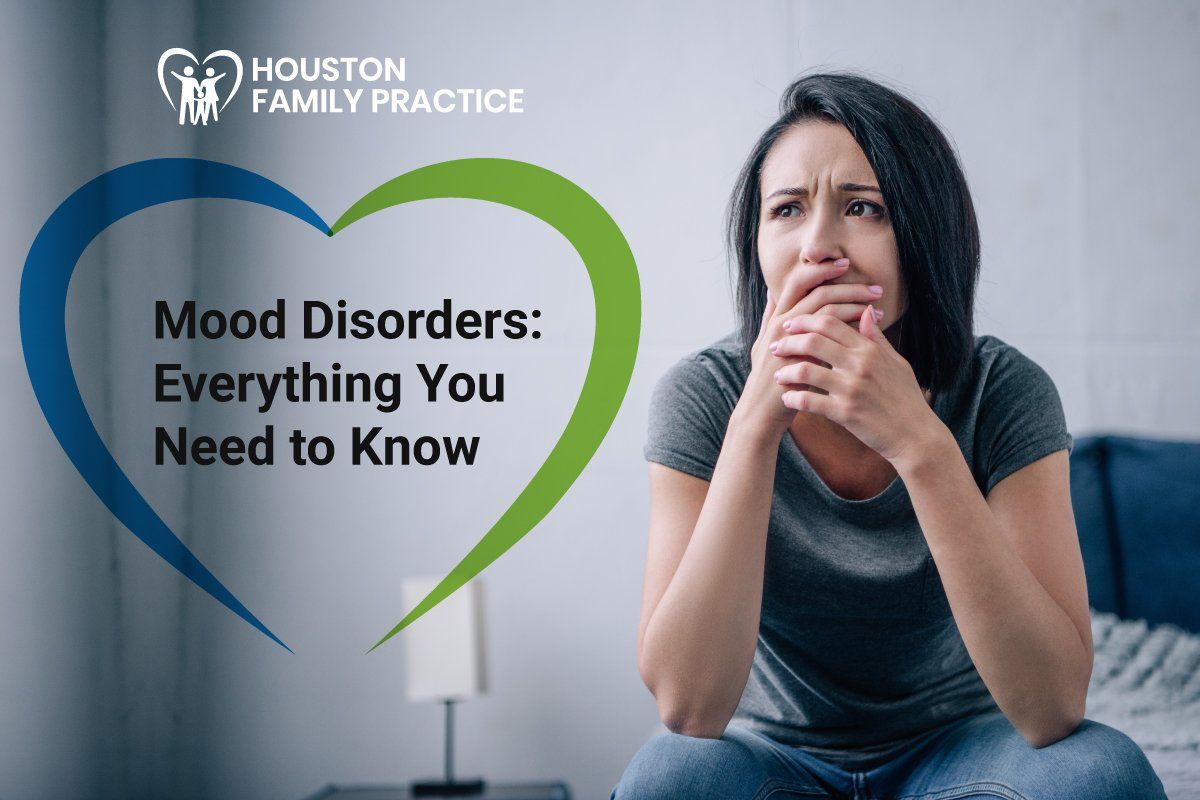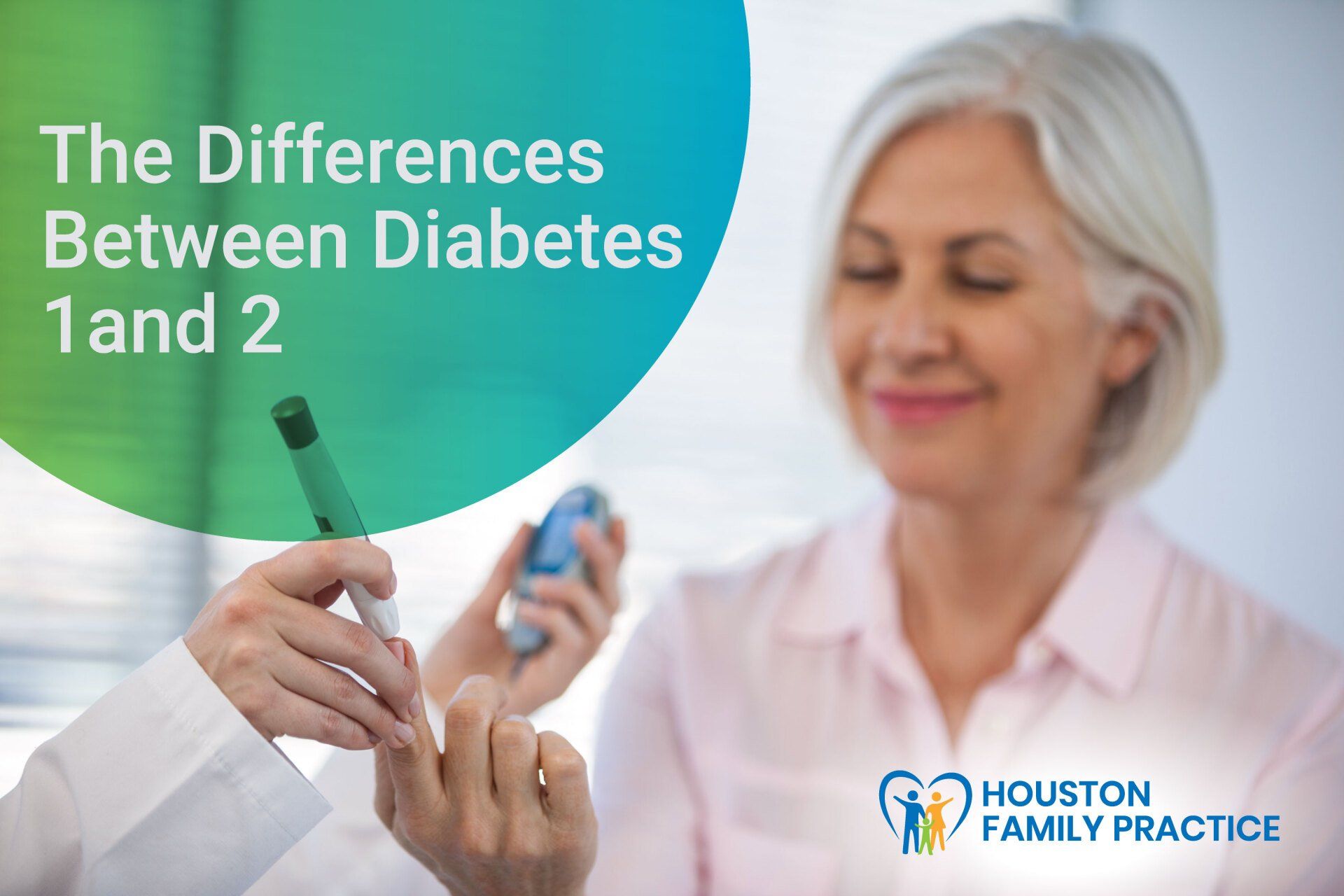Heart Disease and Stress: What Are the Connections?

What can be stressful to one person may not be a stressor because every one of us reacts to things differently. How much stress you experience and your reaction to the stressor in your life can lead to various health problems.
How Stress Affects the Heart?
Stress is a normal part of our lives. It may come from severe matters like illness or the death of a loved one. It can also come from emotional problems like divorce or not having enough money. In most cases, it can also come from everyday situations like pressure from work, studies, or family.
These stressors may make us feel that everything is out of our control. Thus, we think that it is hard to manage.
Our body’s reaction to stress aims to protect us from harm. However, if the stress is chronic and has been around for a long time, the result may not suit our bodies.
The hormone cortisol is released as our bodies respond to stress. But high cortisol levels from chronic stress can elevate triglycerides, blood sugar, and cholesterol, all risk factors for cardiovascular disease.
Stress and Heart Disease
Studies show that chronic stress and heart disease are related. Stress can elevate blood pressure and having an elevated blood pressure is not suitable for the body organs, especially the heart.
Further studies even show that stress is linked to blood clots. Blood became stickier which then increased the risk of a stroke. Even daily stress can accumulate which brings a toll on the heart. It can result in poor blood circulation in which the heart does not get proper oxygen.
Other stress-related cardiovascular diseases are chest pain and irregular heart rate.
Likewise, stress may lead to poor health behaviors, further increasing the risk of heart disease. Handling stress can also be tricky, especially If you are responding to it in unhealthy ways like:
- Overeating
- Unhealthy diet
- Smoking
- Alcohol
- Having a sedentary lifestyle
- Not taking medications as prescribed
Risk Factors of Stress
A stressful reaction can elicit a response from your body. The body releases adrenaline hormone, which causes your heart rate to speed up and your blood pressure to rise. These reactions are part of the “fight or flight” response of the body to stress.
The body’s response to stress may vary depending on how the person handles the pressure. Some of the common reactions are:
- Headaches
- Stomach pains
- Back pain
Stress can also:
- Drain your energy
- Can cause sleepless nights
- Make you feel agitated, out of control, or sometimes forgetful.
But if you exercise and stop drinking alcohol and smoking, you are making a difference in handling stress and your mental health.
Negative Mental Health Conditions and Stress
Negative mental health conditions that play a significant role in handling stress are:
- Depression
- Anxiety
- Pessimism
- Anger
- Chronic stress
- Dissatisfaction in life
The above mental health conditions also play a role in harmful responses from the body:
- High blood pressure
- Reduced blood flow to the heart
- Irregular heart rate
- Digestive problems
- Inflammation
But having a positive mindset is associated with:
- Gratitude
- Happiness
- Satisfaction
- Optimism
- Mindfulness
People with a positive mindset have a lower risk of developing heart disease:
- Better blood sugar level
- Lower blood pressure
- Lower cholesterol
- Reduced risk of inflammation
Tips for Handling Stress:
- Change your mindset. Accept that there are things that are beyond your control.
- Stay connected with people who are important to you.
- Learn to say no. Before saying yes to do something, make sure that you can do it. Taking on more responsibilities than we can do is not healthy.
- Learn to relax every day. You can read a book, write a journal, listen to relaxing music and do yoga.
- Being physically active can also do wonders. Exercising can burn off some of the stress in your system.
- Sleep in a quiet and dark room to relax your mind.
- Avoid exercising near bedtime because this will not allow you to have a good sleep.
- Do not drink alcohol or smoke before sleeping since it will only disrupt your sleep pattern.
- Find a stimulating hobby that can distract you from thinking negative things.
Some people find it hard to handle the stressors in their life because they are depressed. If stress levels worsen your depression, you may consider talking to a therapist.
If stress is already debilitating you, consider taking a stress management class. Read a book on stress management and sign up for a few sessions with a therapist to help you manage your stress.
We Are Here To Help You Manage Stress and Fight Heart Disease
Our trained family physicians and clinicians at Houston Family Practice are ready to help you manage your stress and heart disease.





